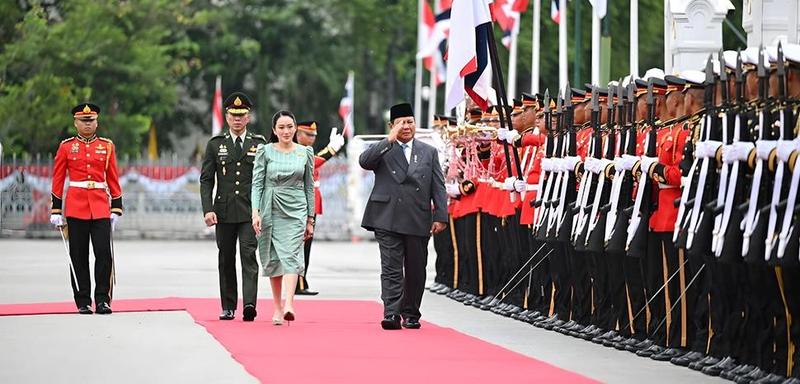
Unpacking Trump's Pharma Strategy
In this story, we closely examine the potential impacts of such tariffs on access to medicine. We also bring you comments from the World Health Organization, the World Trade Organization, activists, and trade lawyers to help our readers understand the potential consequences of such measures for production, access, and supply chains. We also discuss the internal drug pricing dynamics in the U.S.










